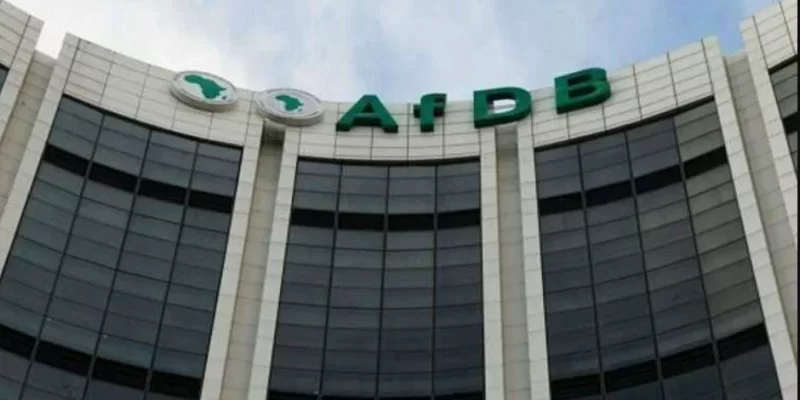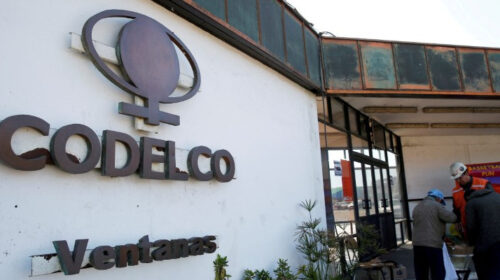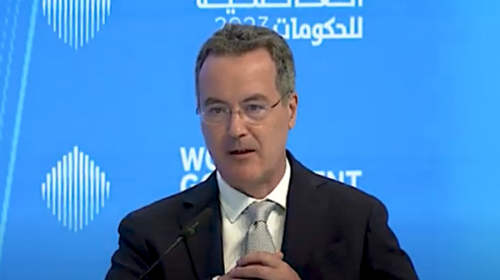AfDB Urges Integration of Africa’s Natural Capital into GDP Measurement
Africa’s forests play a crucial role in stabilizing the global climate by sequestering carbon, controlling pollution, retaining water, and enhancing soil fertility.
The African Development Bank (AfDB) has estimated the value of these ecosystems at $6.2 trillion, according to a report released during the 29th International Climate Conference (COP29) in Baku, Azerbaijan.
The AfDB has called for the inclusion of this natural capital in the Gross Domestic Product (GDP) calculations of African nations.
The report reveals that, in 2018, Africa’s overall GDP was valued at $2.5 trillion, while the value of its natural resources was estimated at 2.5 times that amount. By 2022, this figure could have increased to $66.1 billion, primarily driven by carbon sequestration, according to the AfDB’s projections.
Akinwumi Ayodeji Adesina, President of the AfDB Group, highlighted that Africa’s GDP in 2018 was significantly lower than the value of its natural capital.
He emphasized that the estimated value of Africa’s natural capital, including ecological services, far surpassed the continent’s nominal GDP.
Adesina also noted that the price of carbon could reach $200 per tonne in the EU due to strict emissions regulations, while Africa’s carbon price remains significantly lower, ranging from $3 to $10 per tonne.
The report further points out that African natural resources are undervalued compared to global standards, especially in industrialized nations that are major contributors to pollution.
Despite this, Africa’s ecosystems contribute significantly to global ecological health, particularly through carbon sequestration.
In response, African leaders have called for their natural capital to be considered in national economic measures, urging a reevaluation of how GDP is calculated to better reflect the continent’s environmental contributions.
64 total views , 2 views today





